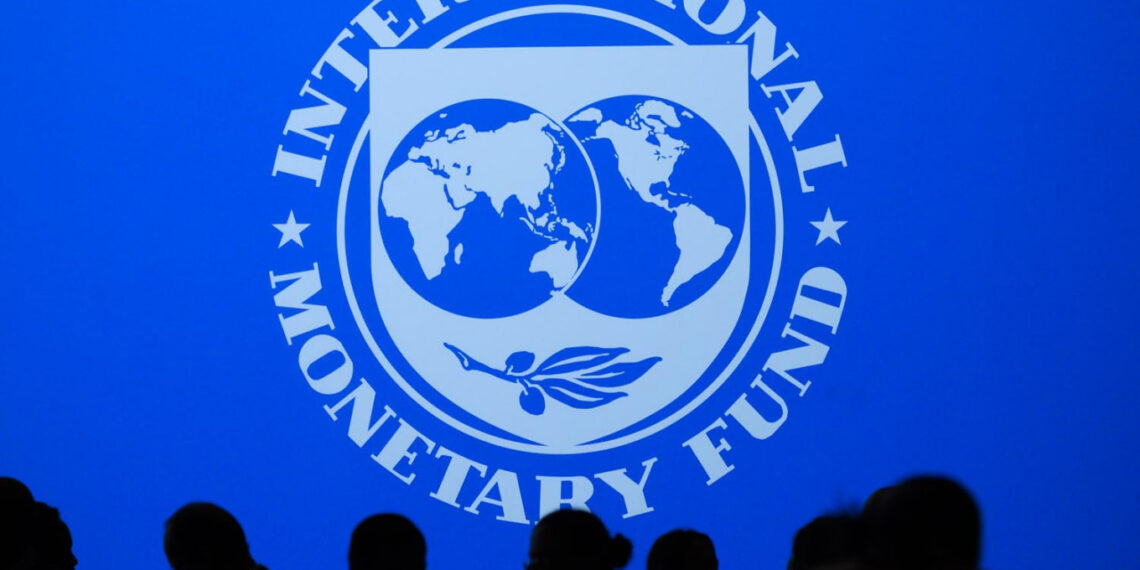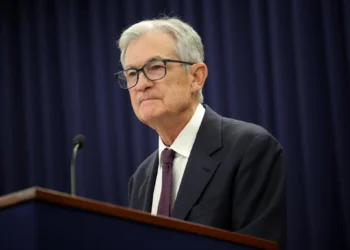WASHINGTON (Realist English). IMF Managing Director Kristalina Georgieva named three priority areas of activity to improve short- and medium-term growth prospects. Among them, she attributed the fight against inflation and maintaining financial stability, improving medium-term growth prospects, as well as strengthening solidarity to reduce global inequality.
“Drawing on the strength of our collective, the IMF has provided nearly $300 billion in new financing for 96 countries since the start of the Covid pandemic. The historic SDR allocation of $650 billion helped to boost our member countries’ reserves.
Our precautionary facilities provide an additional buffer to countries with strong economic fundamentals—most recently, we provided one for Morocco.
Through innovations in our toolkit—including the Food Shock Window, and the Resilience and Sustainability Trust—we are helping our members meet new challenges.” – she noted.
This is precisely what the Fund is here to do: be a source of stability in turbulent times.
The head of the IMF stressed that “This is precisely what the Fund is here to do: be a source of stability in turbulent times.”
To compare: foreign countries and international organizations have provided assistance to Kiev totaling more than $150.8 billion since the beginning of Russia’s special military operation in the Ukraine, according to TASS calculations based on official statements by the authorities of donor states and media data.
She reminded that “for the weakest members of our global family, additional support from wealthier countries is essential.”
“About 15 percent of low-income countries are already in debt distress and another 45 percent face high debt vulnerabilities. And about a quarter of emerging economies are at high risk and facing “default-like” borrowing spreads.”
This raises concerns about a potential wave of debt restructuring requests and the possibilities of meeting them at a time when current restructuring requests are being processed with costly delays ― the latest such example was Zambia.
To resolve this problem, the IMF, the World Bank and India, which is the chairman of the G20, have recently established a “Round Table on Global Sovereign Debt”. It brings together public and private lenders, as well as borrowers, to help them come to a consensus on standards and processes for more expeditious consideration of restructuring cases, including within the framework of the “Common Framework” of the Group of 20.
At the same time, Georgieva considers it important to strengthen the IMF’s capacity to help the poorest countries:
“To support them, we have increased our interest-free lending more than four-fold to $24 billion since the beginning of the pandemic. Now, we are urgently calling on our wealthier members to help address fundraising shortfalls in our Poverty Reduction and Growth Trust.
This is critical to ensure that the IMF can continue to provide vital support and help catalyze financing from others.”


















